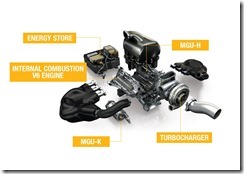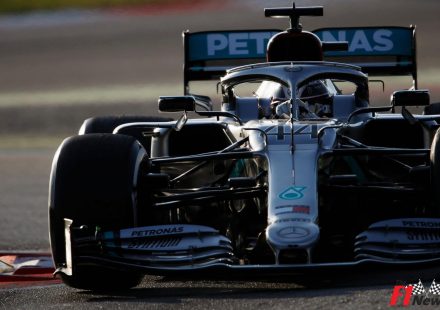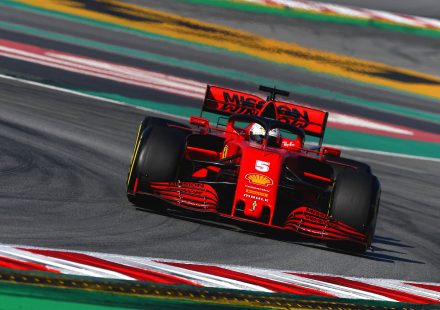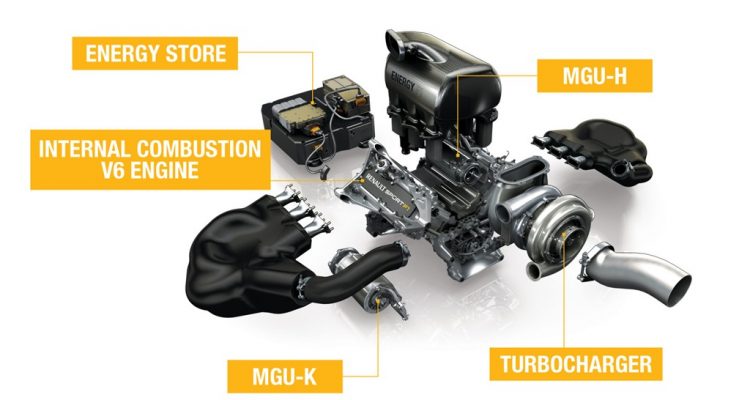Toto Wolff says F1’s struggling teams would be the victims if a push to relax the engine development ‘freeze’ is successful.
 As Mercedes continues to utterly dominate in the first season of the turbo V6 era, behind-the-scenes discussions have turned to allowing struggling rivals Ferrari and Renault to catch up. “If we look at this year’s season we’re seeing that there’s such a big disparity between the different engines,” said Monisha Kaltenborn, whose Sauber outfit is using Ferrari power and having the “worst season in the history of the team”. For cost-cutting purposes, F1 operates under strict engine homologation rules, more commonly referred to as a ‘freeze’ that severely limits performance development.
As Mercedes continues to utterly dominate in the first season of the turbo V6 era, behind-the-scenes discussions have turned to allowing struggling rivals Ferrari and Renault to catch up. “If we look at this year’s season we’re seeing that there’s such a big disparity between the different engines,” said Monisha Kaltenborn, whose Sauber outfit is using Ferrari power and having the “worst season in the history of the team”. For cost-cutting purposes, F1 operates under strict engine homologation rules, more commonly referred to as a ‘freeze’ that severely limits performance development.
Under the existing rules, engine makers will be able to change up to 48 per cent of their 2014 ‘power unit’ design ahead of the next pre-2015 homologation. But Mercedes’ rivals, notably Ferrari, are pushing hard behind the scenes for even more freedom. The current ‘freeze’ operates on the basis of allowing engine makers to exchange a certain number of FIA ‘tokens’ for performance-related design improvements. Ferrari is arguing for at least eight more tokens to be available to teams for a mid-season design tweak. Predictably, field-leading Mercedes is not happy with the idea.
Wolff told Auto Motor und Sport: “It would be stupid of us to argue that we have the best engine and so nothing else interests us. “On the other hand, we must raise the question of costs. “Eight tokens would cost tens of millions of euros,” said the Austrian. “Who should pay, if not the customer?” It is here that relaxing the engine ‘freeze’ will meet considerable objection.
The cost of renting engines from Mercedes, Ferrari or Renault for customer teams – some of whom are struggling merely for survival – has already gone up considerably in 2014 compared with the old V8 regime. “We’re paying about 20 million pounds for our engine in a period when we’re trying to control costs in formula one,” said Mercedes customer Williams’ deputy chief Claire Williams. Even Kaltenborn, whose struggling Sauber team would benefit from a stronger Ferrari engine, is not keen on the idea of a ‘freeze’ relaxation if it means her bills are higher. “We do support the idea that development of an engine is allowed within certain given parameters,” she said, “but it not necessarily leads to the fact that we, as customers, should actually bear the costs for that.”










